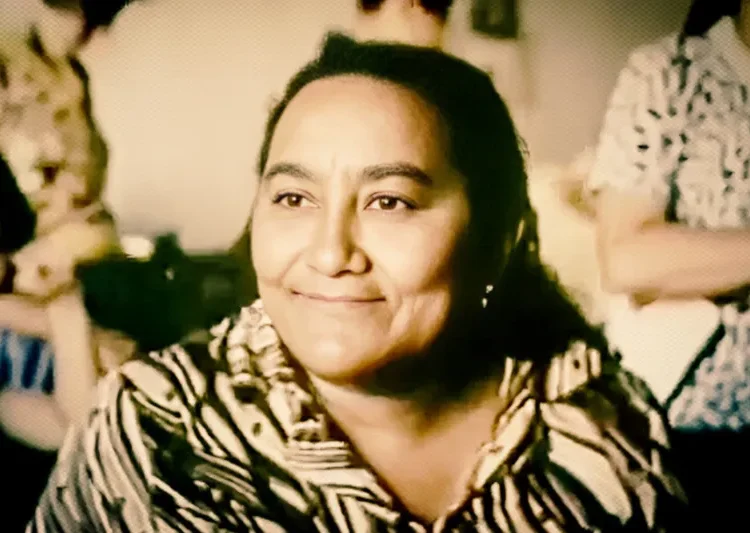Ninety-one years ago, on August 5, 1933, Margarida Maria Alves was born in the town of Alagoa Grande, in the state of Paraíba. A rural worker, union leader and activist for women's rights and agrarian reform in Brazil, Margarida – which means “daisy” in Portuguese – was one of the first women to chair a labor union in the country, the Rural Workers' Union in Alagoa Grande. During her tenure, she filed more than 600 labor lawsuits and was one of the most active voices in denouncing non-compliance with labor laws and precarious working conditions in the region's sugarcane mills.
"Margarida was a strong woman, a very courageous person and a great fighter. She faced a fierce struggle against big landowners and persecutors of workers, because it wasn't easy at that time," said Margarida Alves' friend and fellow fighter Maria da Soledade Leite.
During Brazil’s military dictatorship (1964-1985), Margarida was undeterred by the threats of landowners and authoritarian rulers and continued to take action against the total absence of labor rights, long working hours, low pay and child labor in sugarcane plantations. She was also one of the founders of the Rural Workers' Education and Culture Center, alongside educator and patron of Brazilian education Paulo Freire.
"It's better to die struggling than dying of hunger," Margarida Alves declared during the May 1st celebrations in 1983, just three months before she was murdered at the behest of landowners and outside her home. Her death, on August 12 of that same year, had repercussions in the trade union movement and among women's organizations in Paraíba. They began to demand justice and share her ideas, which ended up becoming a reference for trade unionism and Brazilian feminism. The crime remains unpunished.
"It was after Margarida's death that women started to “use their tongues." We learned to speak and to respect ourselves as women, as human beings, and to fight for our rights," said Soledade.
On August 17, 2023, her name was included in the Book of Homeland Heroes and Heroines. Housed in the Pantheon of the Homeland, in the Three Powers Square in Brasilia, Brazil’s capital city, the book contains the names of people who dedicated their lives to fighting for a better country, such as Zumbi dos Palmares, Chico Mendes, Nise Silveira, Zuzu Angel and Chico Xavier, among others.
A garden full of Margaridas
Every four years since 2000, thousands of women have gathered in Brasilia for the Marcha das Margaridas (“March of the Margaridas”), named after the trade unionist from Paraíba. In 2023, the activity, organized by the National Confederation of Rural Workers and Family Farmers (Contag, in Portuguese), brought together more than 100,000 female workers on the streets of the federal capital to demand the right to land and more policies to combat gender violence.
Contag describes it as "a broad and strategic action by women from rural areas and the forest" that articulates and mobilizes Brazilian women around different agendas of interest to female workers. The march aims to strengthen and expand the organization, draw up proposals for public policies from a feminist perspective, denounce violence, exploitation and discrimination against women, as well as restate the leading role and give visibility to the economic, political and social contribution of women from rural areas, the forest and the waters.
In recent years, the March of the Margaridas has been involved in important discussions with public authorities, such as the National Campaign to Combat Violence against Rural and Forest Women, the creation of the National Forum for the Development of Policies to Combat Violence against Rural and Forest Women and the development of guidelines for the National Policy to Combat Violence against Women, aimed at rural women.




